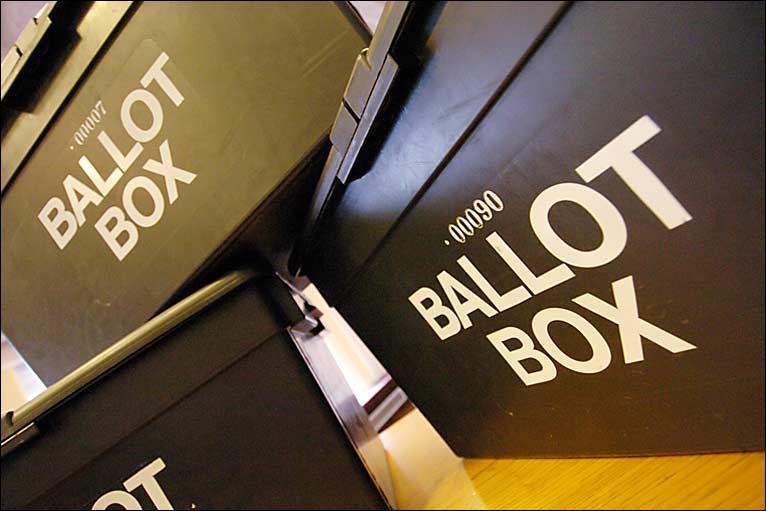JEFFERSON CITY, Mo. – New Approach Missouri announced that they are roughly 2,200 signatures short on a ballot measure that would legalize medical cannabis in the state on Monday.
However, the group plans on fighting to put the initiative petition on the Nov. 8 ballot.
“The citizens overwhelmingly want Missouri to be the 26th state to allow state licensed physicians to recommend medical marijuana to patients with debilitating illnesses,” Jack Cardetti, the spokesman for New Approach Missouri said. “Later this month, we will ask the courts in Missouri to overturn some of these invalidated signatures, so that this initiative can appear on the November ballot, and more importantly patients suffering from everything from cancer to epilepsy will finally have another treatment option. Courts have long held in Missouri that they want voters to make these final decisions.”

Cardetti added that multiple polls proved the measure was popular. Sixty-two percent of respondents to a July 15 Public Policy Polling poll favored the petition.
Advocates of medical marijuana have touted this initiative petition as a way for doctors and patients to pursue more options of treatment free from government intervention. New Approach Missouri reported that they submitted roughly 275,000 signatures, and about 157,000 signatures are needed for a constitutional amendment initiative petition to make it to the ballot.
However, those signatures must be collected from the state’s eight different congressional districts and a certain quota must be met in each which factored into New Approach’s validated shortage. In the 2nd Congressional District, made up of parts of Jefferson, St. Louis and St. Charles Counties, election authorities invalidated almost 11,000 signatures which made the initiative petition over 2,200 signatures short of the required 32,337 signatures.
Cardetti made sure to note that the invalidations were not done out of malice, but that they may have been “errors… made by an overworked staff and temporary employees” used in the validation process.
In both 2002 and 2006, two ultimately unsuccessful tobacco tax measures were both successful in signature recovery lawsuits. In 2008, Proposition C, the Missouri Clean Energy ballot measure, also won a signature recovery lawsuit against then Secretary of State Robin Carnahan.
However, not everyone else was enthused at the prospect of New Approach’s continued effort to get the IP on the ballot. The National Council on Alcoholism and Drug Abuse (NCADA), which attempts to prevent substance abuse, said that they recognized the “medical potentials” of cannabis. However, they also stressed against making marijuana more widely available and opposed New Approach’s attempts to go through the courts instead of the ballot process.
“Amending the constitution in Missouri is supposed to be difficult,” said NCADA Executive Director Howard Weissman. “Once amended, it’s hard to change. I’m not surprised that this well-intentioned, but misguided effort failed to garner a sufficient number of signatures. But instead of admitting that constitutional amendments are not the way we introduce new medicines, the organizers are going to sue. And that’s too bad.”
The deadline for the secretary of state’s office to issue a certificate of sufficiency or insufficiency on the five ballot measures currently being verified is Tuesday, Aug. 9.
The initiative petition allows physicians to prescribe marijuana to treat debilitating conditions like cancer, epilepsy, PTSD, Alzheimers and others. Medical marijuana would have a four percent sales tax, and the revenue would go to health care for Missouri’s veterans.
UPDATED – 2:17 p.m., Aug. 9: Added comments from Weissman.
















